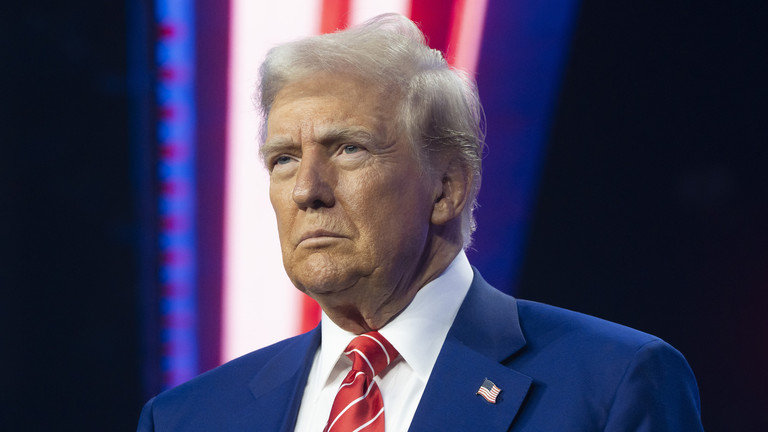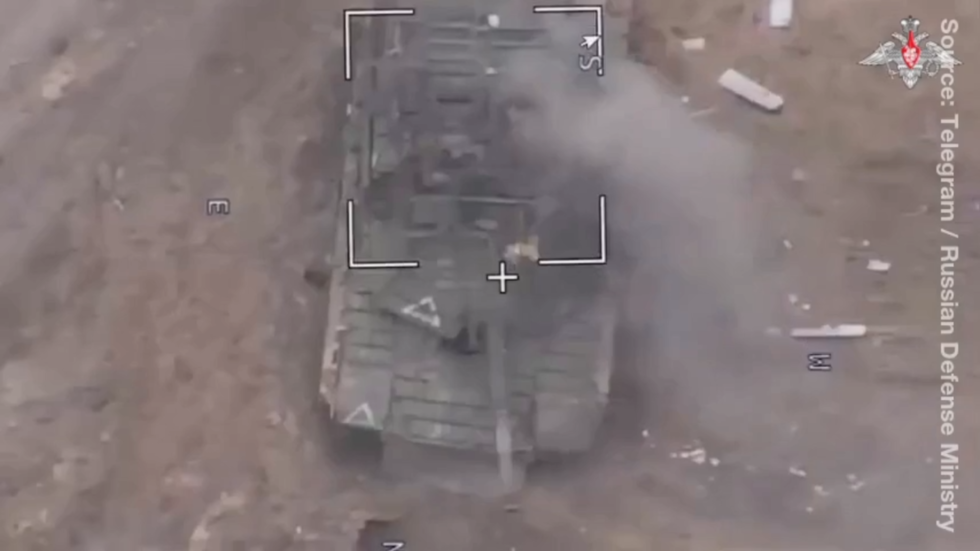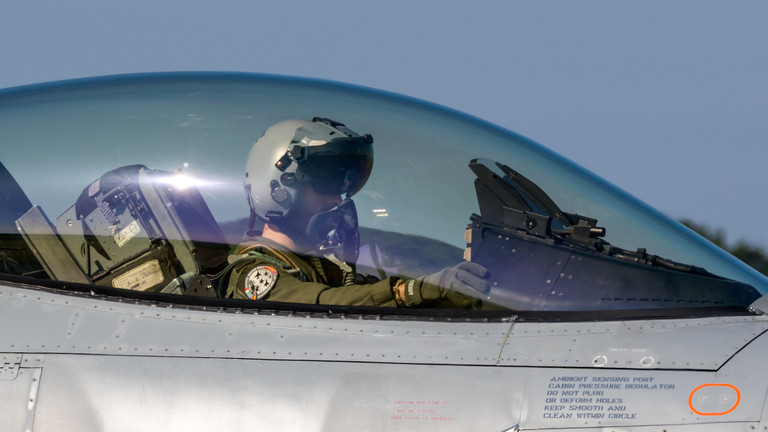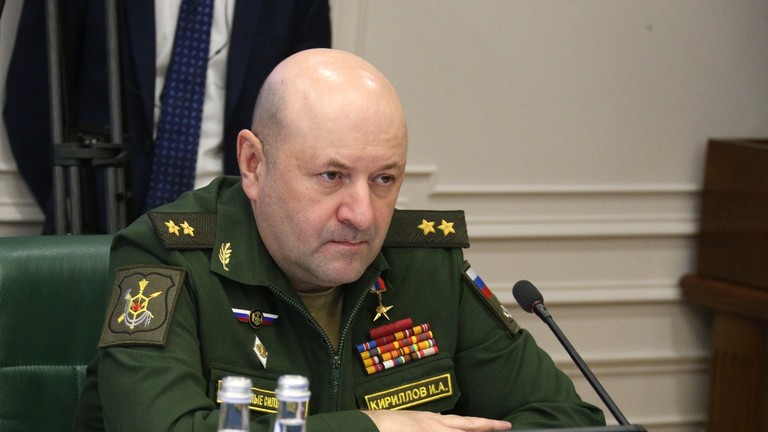The US Agency for International Development (USAID) has closed its main office in Washington DC, with most personnel told to stay away from the building, multiple US media outlets reported on Monday. The development comes after US President Donald Trump accused the agency’s leadership of being “radical lunatics” and proposed major changes to the organization.
Established in 1961, USAID is responsible for administering foreign aid and development programs abroad to promote American interests.
According to an email obtained and shared by CNN, USAID leadership directed that the “headquarters at the Ronald Reagan building in Washington, D.C. be closed to Agency personnel on Monday, February 3, 2025.”
“Agency personnel normally assigned to work at USAID headquarters will work remotely tomorrow, with the exception of personnel with essential on-site and building maintenance functions individually contacted by senior leadership,” the letter said.
AP has confirmed the email, adding that more than 600 employees discovered overnight that they had been locked out of USAID’s computer systems.
The development comes after Trump blasted the agency, arguing that “it’s been run by a bunch of radical lunatics.” “We’re getting them out, and then we’ll make a decision,” he said.
Tech billionaire Elon Musk, the head of the Department of Government Efficiency (DOGE) and a close ally of the US president, has also been a fierce critic of USAID. He described it as a “criminal organization” which he believes was financing bioweapon research, including projects that allegedly led to the emergence of Covid-19.
“It became apparent that it’s not an apple with a worm in it. What we have is just a ball of worms. You’ve got to basically get rid of the whole thing. It’s beyond repair,” Musk said.
He also revealed that he had spoken with Trump, claiming that the president had “agreed” that USAID should be shut down.
USAID run by ‘radical lunatics’ – Trump
US President Donald Trump has attacked the leadership of the US Agency for International Development (USAID), claiming the organization has been poorly managed by “radical lunatics.” The criticism came after two top USAID security officials were reportedly put on leave after trying to stop the Department of Government Efficiency (DOGE) from accessing its systems.
©Rebecca Noble / Getty Images
USAID is an organization tasked with promoting American interests abroad through various forms of assistance to foreign governments and international institutions.
When asked on Sunday about the agency, Trump said that “it’s been run by a bunch of radical lunatics, and we’re getting them out, and then we’ll make a decision” on its future.
The comment followed reports that representatives of the Elon Musk-headed DOGE accessed USAID headquarters in Washington DC for an audit last week. Over the weekend, USAID’s official website went offline, and its X account vanished amid reports that the White House was considering merging the agency into the State Department.
Early on Monday, Musk revealed he had spoken with Trump, who “agreed” that USAID should be shut down.
Musk made the comments during an X Spaces stream overnight Sunday into Monday, where he discussed DOGE. He said he checked with Trump multiple times, asking, “are you sure?” to which the president confirmed “so we’re shutting it down.”
The Tesla and SpaceX CEO earlier accused USAID of financing bioweapon research, including projects that allegedly led to the emergence of Covid-19, branding the agency a “criminal organization.”
On Friday, a team of DOGE inspectors gained access to USAID’s internal systems, including its website and key databases, sources familiar with the matter told ABC News.
Among the systems accessed were those containing reports on past and ongoing programs and also those used to track congressionally mandated and performance data for all USAID programs globally, according to the outlet.
The group also reportedly took control of a software system used by USAID for tracking and managing the agency’s budgeting, accounting, and financial transactions.
Two senior security officials at USAID were reportedly placed on forced leave after they tried to prevent DOGE staff from accessing classified documents during their effort to review the agency’s finances.
Last week, around 60 senior career officials at USAID were placed on administrative leave. The action followed Trump’s executive order initiating a 90-day suspension of most foreign aid in order to conduct a comprehensive spending review.
Musk accuses USAID of ‘covering up corruption
Two senior security officials with the US Agency for International Development (USAID) have reportedly been placed on leave by President Donald Trump’s administration after attempting to prevent an audit by the Department of Government Efficiency (DOGE) led by Tesla and SpaceX CEO Elon Musk.
A team of DOGE inspectors sought to review “classified material in restricted areas” at USAID on Saturday but were stopped by security officials, AP reported on Sunday. The inspectors were said to have lacked the necessary security clearance, and USAID security was “legally obligated” to deny them access to the requested data, according to the news agency.
“No, they tried to lie to cover up their corruption,” Musk wrote on X, dismissing allegations that the team lacked security clearance. Katie Miller, who serves on an advisory board for the DOGE, also said that “no classified material was accessed without proper security clearances.”
Eventually, the inspectors gained access to the requested materials, including personnel records and “intelligence reports,” according to AP. The USAID officials, identified as John Vorhees and his deputy, Brian McGill, were placed on leave.
The DOGE has yet to publish details of its review of USAID activities, but Musk attacked the agency in a series of fiery posts on Sunday.
“USAID is a criminal organization. Time for it to die,” Musk said, accusing the agency of “paying media organizations to publish their propaganda,” and even using US taxpayer dollars to fund “bioweapon research, including COVID-19, that killed millions of people.”
Over the weekend, the official USAID website went offline, and its X account disappeared amid reports that the White House considered merging the agency into the Department of State.
The DOGE was created by Trump as a presidential advisory commission dedicated to reducing government spending. Its goal is to cut at least $1 trillion in federal spending by July 2026. In late January, the DOGE claimed that it had already cutting federal spending by $1 billion per day. It has reportedly saved over $1 billion solely by eliminating contracts related to diversity, equity, and inclusion (DEI).
Musk’s department has also been granted full access to the US Treasury Department’s payment system, which is considered sensitive and was previously restricted to a small group of career civil servants.









